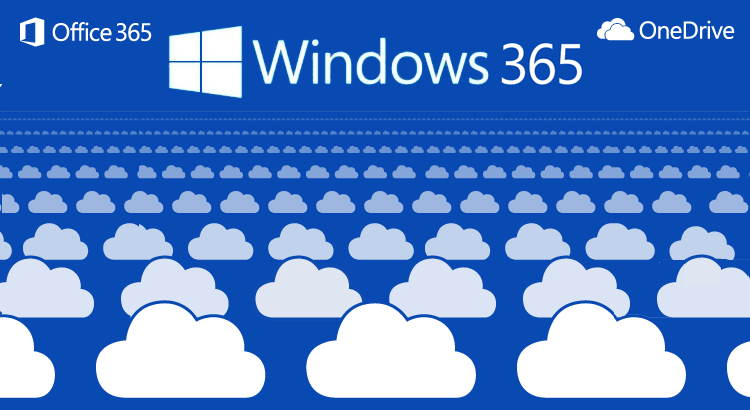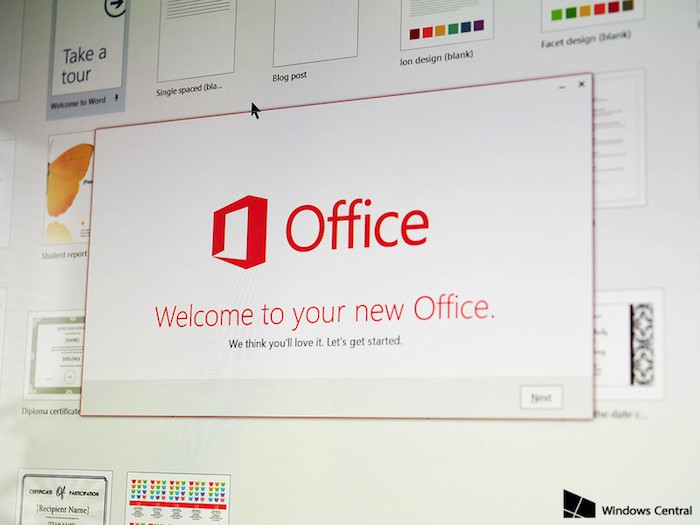The following are five email archiving misconceptions by small businesses –
MYTH #1: Only large companies are required to archive email
FACT: Any company must be legally prepared to produce emails called into evidence by a Federal court.
If your company can’t produce emails in question, it must prove that messages were deleted by company policy—or risk legal fines and court penalties.
MYTH #2: Not all companies need an email retention policy
FACT: The rules apply not only to companies that are already involved in legal disputes, but also to those with “reasonable anticipation of litigation.” That means as soon as your company receives written notice of a complaint it is responsible for archiving relevant communications.
Regulatory governance is becoming the norm and virtually every company needs an email retention policy.
MYTH #3: Tape backups are a good way to archive email
FACT: Relying on periodic network backups to meet regulatory requirements for archiving email may be a costly mistake.
IT staff must determine which tape contains the email and then the entire system must be restored before a specific email can be located. Analysts estimate the cost at $3,500 per tape. Tape backups aren’t always reliable and stored data may be corrupted, overwritten, or never captured at all.
MYTH #4: Users should decide what to save and what to delete
FACT: Just because an employee views an email as unimportant, it doesn’t mean it should be deleted. For compliance reasons, saving everything is a good idea.
Users spend too much time managing their inboxes, and added responsibilities of evaluating each message for the company’s email retention and archiving policy can sap productivity and cause frustration.
MYTH #5: Email archiving impacts network performance
FACT: Without a reliable system in place for archiving emails, companies will experience decreased server performance and increased IT costs. Messaging systems such as Microsoft Exchange Server are not designed to store emails.
Archiving email communications does more than provide regulatory protections and improve mail server performance. A good email archiving system also creates a valuable knowledge base, giving companies instant access to the most essential sources of company information.
Deborah Galea is the co-founder and chief operating officer of Red Earth Software, a leading email management software company based in Boulder, Colo. Galea is an expert in the growing field of corporate email management solutions involving eDiscovery as well as the compliance issues impacting almost every vertical industry, including financial services, legal, healthcare, retail and government. She has extensive knowledge of the legal issues relating to corporate email usage and has worked in the Netherlands, the U.K., the United States and Cyprus. Follow us on Twitter @redearthsoft,"like" us on Facebook and check out our website: www.policypatrol.com

10 Comments
Leave a Reply
Cancel reply
Leave a Reply
This site uses Akismet to reduce spam. Learn how your comment data is processed.





















































































































































































Asad
June 20, 2011 at 2:35 pm
Email Archival is really important for companies because it can be useful at any hour of need.
Deborah Galea
June 20, 2011 at 5:09 pm
We agree. Many people do not think about archiving until a problem arises.
zain
June 20, 2011 at 7:51 pm
Email archiving is the step that each and every company should take.A lots of potential are in this strategy.
reeha
June 25, 2011 at 11:01 pm
great post. nice way to describe archiving with facts. a complete post
Deborah Galea
June 26, 2011 at 12:36 am
Thank you for the feedback. We are strong believers that email archiving really is beneficial for businesses.
Admin
July 1, 2011 at 10:45 pm
Cheers for the article Deborah
Nawaz
June 28, 2011 at 12:30 pm
Without an email archiving a company can’t survive.
jesty
June 29, 2011 at 1:03 pm
email archiving is really helpful.. maybe this post will be a way for others to realize it’s use as well.. nice post..
Darin Cunningham
July 10, 2011 at 10:44 am
Saving is a safe idea, deleting a mail just because the mail seemed unimportant to a staff would be unsafe. Data in any form should be saved because it may be needed for future reference.
sumon
July 31, 2012 at 7:15 am
This is a wonderful post! Thanks for sharing your knowledge with us! I hope to read more of your post which is very informative and useful to all the readers. I salute writers like you for doing a great job!